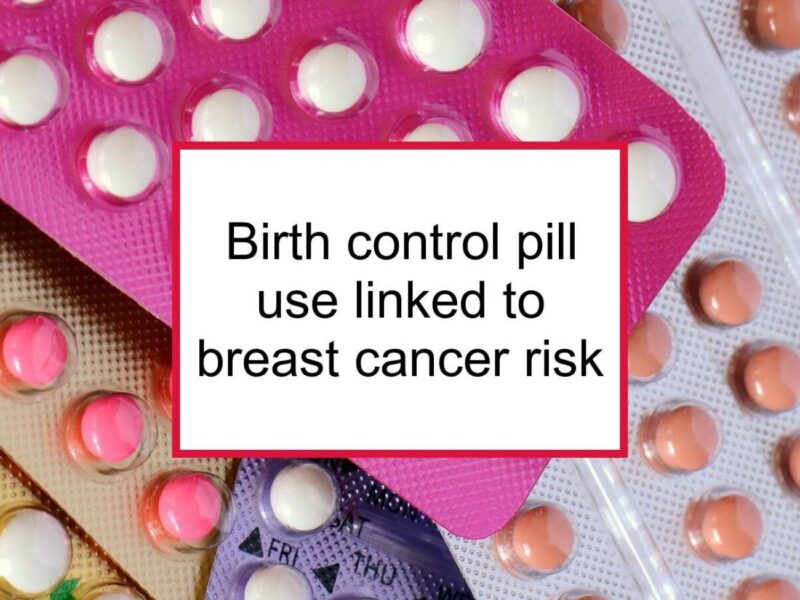Groundbreaking research, women carrying the BRCA1 mutation have been found to face a significantly increased risk of breast cancer if they use hormonal contraception (HC).
According to a recent study published in The Journal of Clinical Oncology, BRCA1 carriers who used HC for at least 12 months experienced a 29% rise in breast cancer risk. This increase appeared to grow with prolonged use, highlighting the potential dangers of long-term hormonal contraception for women with this genetic predisposition.
The study, which analyzed data from four large cohort studies, sought to fill a crucial gap in understanding the impact of hormonal contraception on BRCA mutation carriers. Prior studies had been inconsistent, often involving small patient samples and limited types of contraception, making this new research a significant step forward in the field of genetic oncology.
Importantly, the study found no similar risk for BRCA2 carriers. This differentiation underscores the unique risks faced by BRCA1 carriers and emphasizes the importance of personalized medical counseling.
Experts suggest that healthcare providers must approach HC use in BRCA1 carriers with caution, especially for women considering long-term use. Dr. Kelly-Anne Phillips, one of the lead researchers from the Peter MacCallum Cancer Center in Melbourne, pointed out that while short-term use might result in only modest risk increases, prolonged use could lead to more substantial risk elevations that some women may find unacceptable.
When broken down by HC usage patterns, the study revealed interesting nuances. While overall HC use increased breast cancer risk for BRCA1 carriers, no statistically significant associations were found for recent or past use, including periods of up to 10 years after discontinuation.
Nevertheless, the cumulative risk associated with extended use, at 3% per additional year, represents a troubling finding that could inform future decisions about contraception in genetically predisposed women.
The relative safety of HC use for BRCA2 carriers was another key takeaway from the study. No significant correlation was observed between HC use and increased breast cancer risk in this group.
However, the researchers urged caution due to the relatively small number of breast cancer cases among BRCA2 carriers in the cohort, advising that future studies with larger sample sizes are needed to fully validate these findings.
For healthcare providers, this study reinforces the need for individualized risk assessment when counseling BRCA1 mutation carriers. Dr. Yara Abdou from the University of North Carolina emphasized the necessity of detailed risk-benefit discussions, particularly when it comes to prolonged HC use.
As women with BRCA1 mutations already face a 70% lifetime risk of developing breast cancer, these findings add another layer of complexity to managing their reproductive health choices.
Given these findings, BRCA1 carriers may want to explore non-hormonal methods of contraception or consider the duration of hormonal contraception carefully, particularly if their family history or genetic testing indicates a higher baseline risk.
While this study cannot establish a definitive causal relationship between HC and breast cancer, it strongly supports the need for more personalized contraceptive counseling based on genetic predispositions.










Join our Channel...